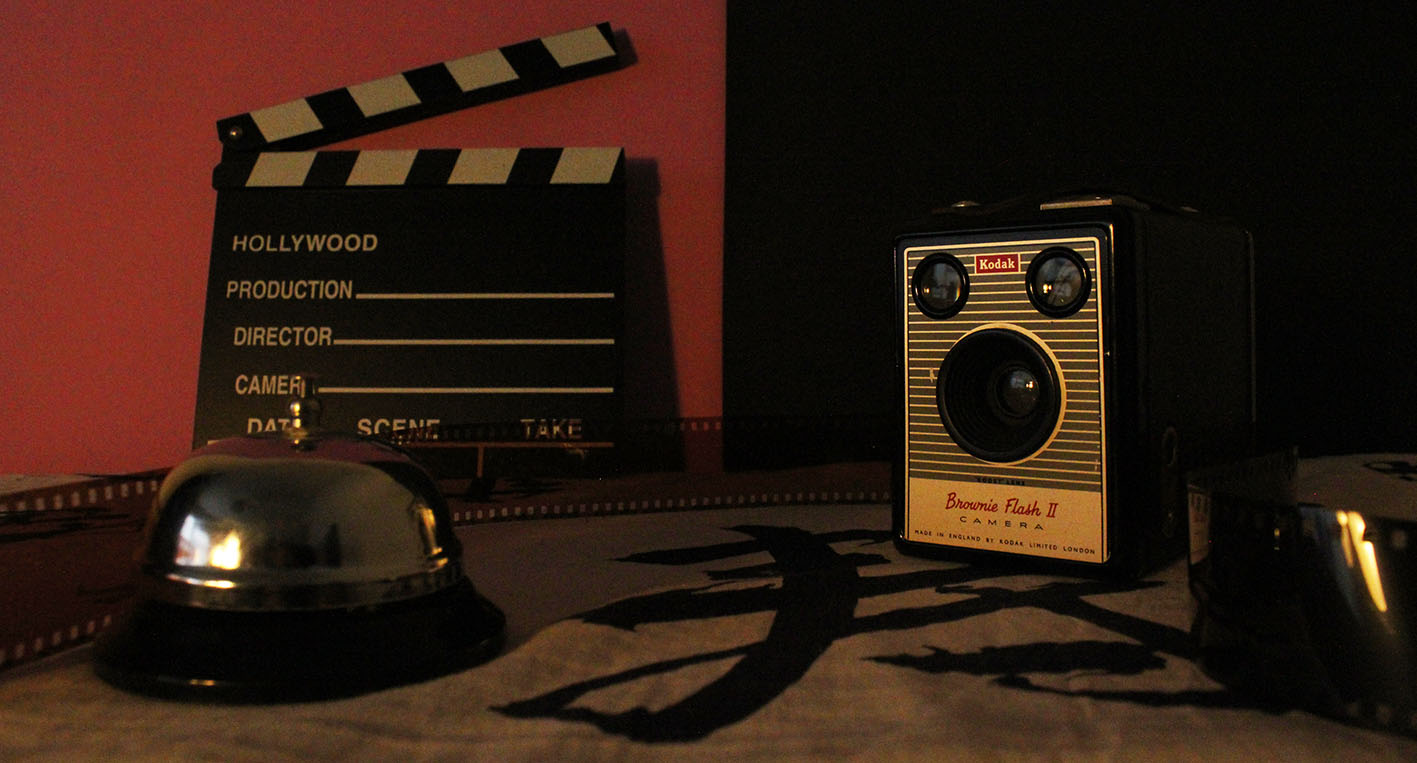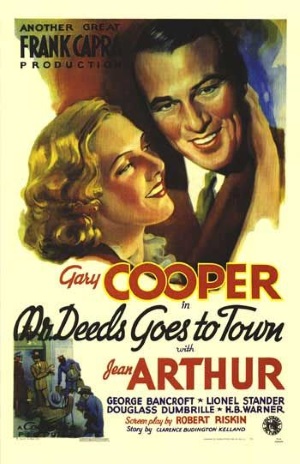Meet Longfellow Deeds
***This Review Contains Spoilers***
I’ll admit that it took me a while for Gary Cooper to grow on me as an actor and to see his appeal under his minimalist, low key style of acting; but eventfully I got it. It’s been said Cooper’s face was the map of America; so why in under God did they cast Adam Sandler in a remake of Mr Deeds Goes to Town?
Mandrake Falls is a town full of oddballs, and the naive but not a total dunce Longfellow Deeds comes off as a weirdo to the city dwellers who are fascinated by his behaviour and start mocking him. Mr Deeds Goes to Town certainly highlights the divide between city slickers and small-town folk; this is particularly evident in the scene in which Deeds, himself a poet meets a group of distinguished poets in the restaurant and is appalled by their snobbery and elitism to the point that he beats them up. Likewise, the film also features Charles Lane as a lawyer, the inspiration for The Simpsons’ blue haired lawyer.
In an example of the darker side of Capra’s films, Mr Deeds Goes to Town is a cynical look at society and the media as a whole (“Why do people seem to get pleasure out of hurting each other, why don’t they try helping each other once in a while?”). Multiple people are out to snag Deed’s fortune while the media is out constantly pursuing him due to his odd but ultimately harmless behaviour; the media manipulating how a person is seen by the public. Mr Deeds is a man who became famous for inheriting a fortune, in other words, he’s famous for being famous and the newspapers appear to have nothing better to do than report on his escapades such as feeding donuts to a horse; relevant to today’s celebrity culture.
With the scene in the park in which Babe plays a set of improvised drums and Deeds sings humoresque. Capra didn’t want to include it as he thought it was too sappy but Jean Arthur insisted it remain. Capra of all people thought it was too sappy?! But ah Capra sentiment, it never fails to move me.
The sanity hearing at the end of the film is pure movie fantasy; I doubt in real life someone could be classified insane on such so-called evidence. In a demonstration of Cooper’s ability as one of the best actors when it comes to giving a rousing speech or monologue, he talks about the silly quirks we all have. Although the likes of “o” filling or knuckle cracking seems rather trivial, I’m always left with the impression that the movie is making a statement on society’s treatment of those who don’t fully “fit in” or adhere to conformity and asks the question; who is truly “normal”?

